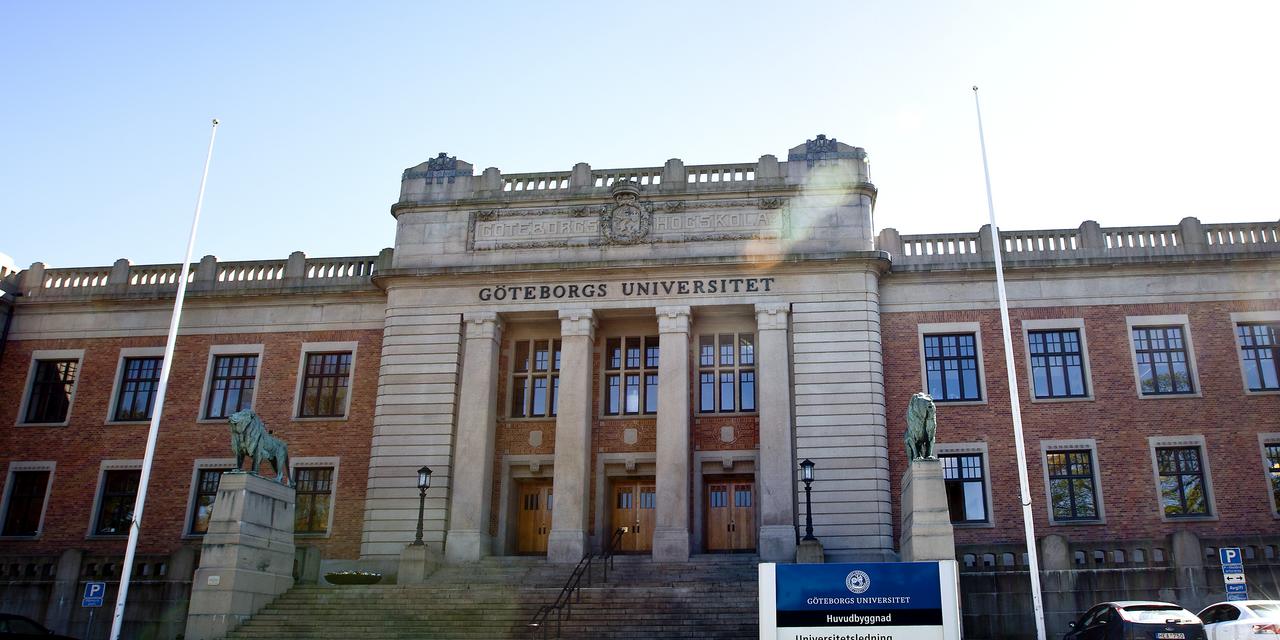The Department of Physics is one of the biggest departments within the Faculty of Science and supports a broad range of basic research in experimental and theoretical physics. It has about 250 employees, of which 95 are PhD students. Many have been internationally recruited. The Department is part of the AlbaNova University Center.
The Department of Physics and Stockholm University is affiliated to Stockholm Dual Career Network (SDCN) that supports expat partners with professional events, career-related advice and by building a social network in their new hometown, www.sdcn.se.
Project description
The position will be associated with the project SINFONIA - Radiation risk appraisal for detrimental effects from medical exposure during management of patients with lymphoma or brain tumour (Home - Sinfonia (sinfonia-appraisal.eu) funded from the Euratom research and training programme under grant agreement No 945196.
The project is focused on the development of a comprehensive system for personalised dosimetry in radiotherapy accounting for stray radiation dose and the risks associated with it. Personalised models of patients will be used with analytical algorithms to estimate dose distributions in out-of-field and partially exposed organs during photon radiation therapy.
Treatment protocols applied in the clinic will be used together with machine-specific parameters to simulate dose delivery characteristics. Measurements and Monte Carlo simulations will be used to estimate out-of-field and in-field dose distribution from stray radiation (neutrons) during proton therapy with the beam scanning technique.
Main responsibilities
The position involves research and developent of a comprehensive methodology that includes measurement and simulation procedures to account for stray radiation dose in patients with lymphoma or/and brain tumours that receive radiation therapy with photon or proton beams.
Qualification requirements
Researchers are appointed primarily for purposes of research and must hold a Swedish doctoral degree or an equivalent degree from another country.
Assessment criteria
In the appointment process, special attention will be given to research skills in dosimetry, Monte Carlo simulations and radiobiological modelling of the effect of radiation on cells as well as risk assessment following medical radiation exposure. The successful applicant will be selected based on documented knowledge relevant for the area of study, knowledge of scientific instrumentations and method, analytical skills, personal motivation and team working skills.
Excellent ability to express themselves in written and spoken English is required. The applicants are encouraged to provide supporting documents that substantiate qualifications, e.g., knowledge, skills, abilities and experience. References and interviews will be used to assess qualifications of the applicants.
Terms of employment
The position involves full-time employment for two years. Start date 2021-10-01 or as per agreement.
Stockholm University strives to be a workplace free from discrimination and with equal opportunities for all.
Contact
Further information about the position can be obtained from Prof. Iuliana Toma-Dasu, telephone: +46 72 147 42 57, iuliana.livia.dasu@fysik.su.se.
Union representatives
Ingrid Lander (Saco-S), telephone: +46 708 16 26 64, saco@saco.su.se, Alejandra Pizarro Carrasco (Fackförbundet ST/Lärarförbundet), telephone: +46 8 16 34 89, alejandra@st.su.se, and seko@seko.su.se (SEKO).
Application
Apply for the position at Stockholm University's recruitment system. It is the responsibility of the applicant to ensure that the application is complete in accordance with the instructions in the job advertisement, and that it is submitted before the deadline.
Please include the following information with your application
- Your contact details and personal data
- Your highest degree
- Your language skills
- Contact details for 2–3 references
Important: Your academic referees should send us recommendation letters via email to: FV-2665-21.refletters@fysik.su.se and state in the subject line: SU FV-2665-21 + name of the applicant.
and, in addition, please include the following documents
- Cover letter
- CV – degrees and other completed courses, work experience and a list of publications
- Research proposal (no more than 3 pages) describing:
– why you are interested in the field/project described in the advertisement
– why and how you wish to complete the project
– what makes you suitable for the project in question - Copy of PhD diploma
- Publications in support of your application (no more than 3 files).
The instructions for applicants are available at: How to apply for a position.
You are welcome to apply!
Stockholm University contributes to the development of sustainable democratic society through knowledge, enlightenment and the pursuit of truth.
Closing date: 15/08/2021
URL to this pagehttps://www.su.se/english/about-the-university/work-at-su/available-jobs?rmpage=job&rmjob=15608&rmlang=UK



